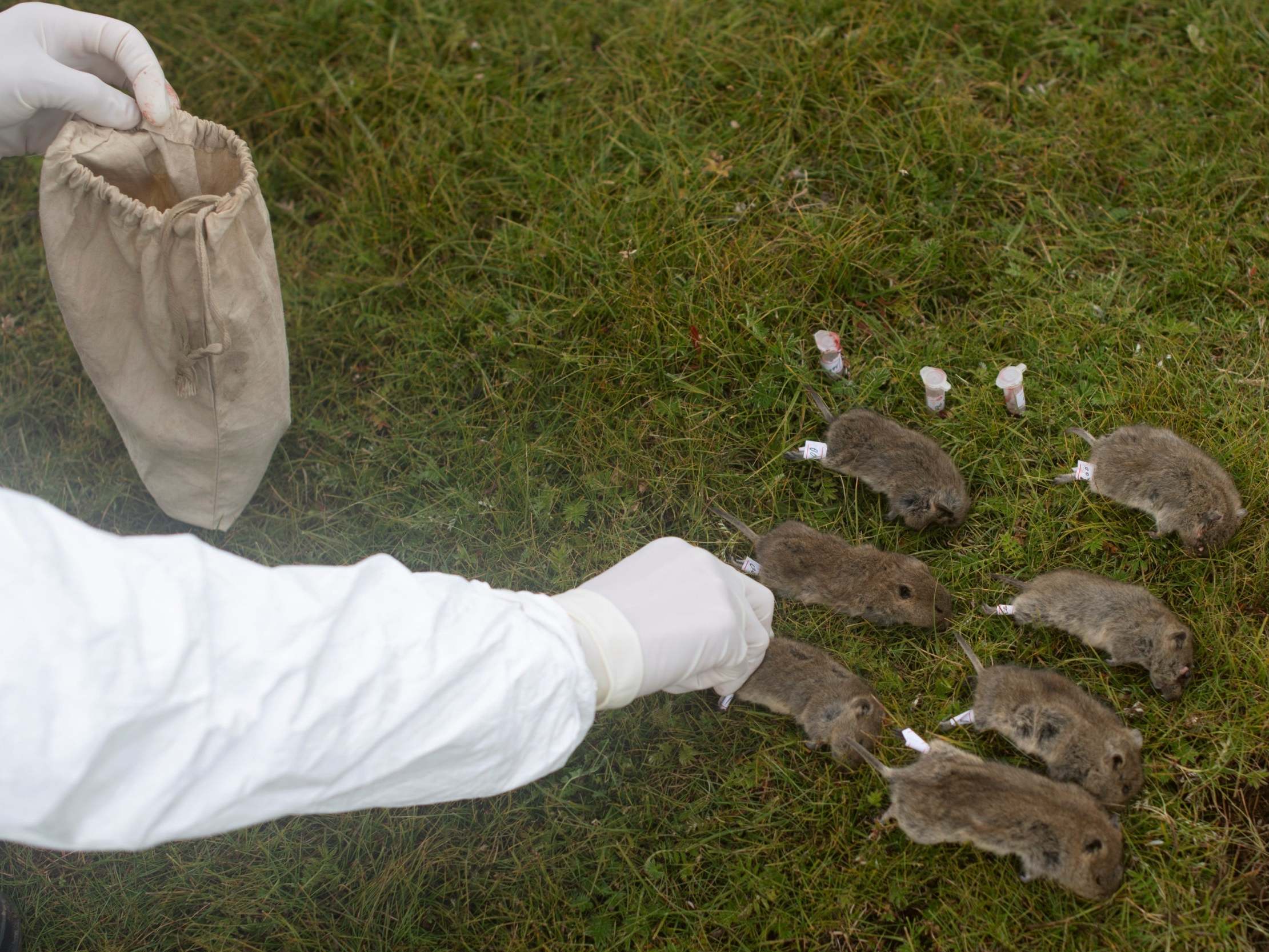Third person diagnosed with deadly plague in a week in China
Health authorities put 28 people in quarantine after two cases of disease in Beijing

Your support helps us to tell the story
From reproductive rights to climate change to Big Tech, The Independent is on the ground when the story is developing. Whether it's investigating the financials of Elon Musk's pro-Trump PAC or producing our latest documentary, 'The A Word', which shines a light on the American women fighting for reproductive rights, we know how important it is to parse out the facts from the messaging.
At such a critical moment in US history, we need reporters on the ground. Your donation allows us to keep sending journalists to speak to both sides of the story.
The Independent is trusted by Americans across the entire political spectrum. And unlike many other quality news outlets, we choose not to lock Americans out of our reporting and analysis with paywalls. We believe quality journalism should be available to everyone, paid for by those who can afford it.
Your support makes all the difference.A 55-year-old man has been diagnosed with bubonic plague after killing and eating a wild rabbit in northern China, resulting in a further 28 people being put in quarantine, according to health authorities.
The case is the third reported example of plague in the country over the past week, adding to two plague cases which were discovered in the capital of Beijing.
A statement from the health authority in the Inner Mongolia Autonomous Region said the man was being treated at a hospital in the city of Huade.
It said investigators had learned the patient, who is from Xilingol League, Inner Mongolia, consumed the rabbit on 5 November.
Twenty-eight people who had close contact with the man are still under observation but none of them have shown plague symptoms, the statement said.
The health authority added that no new cases of plague have been found in the region.
On 12 November, two patients from the same area were diagnosed with pneumonic plague in Beijing – although the two incidents are not thought to be related.
Pneumonic plague, which is more severe than the bubonic version, is believed to be the type of plague that was mainly responsible for the Black Death in the 1300s.
The disease can be fatal in up to 90 per cent of people infected if they do not receive treatment, which primarily involves taking several types of antibiotics.
Although China has largely eradicated plague, occasional cases are still reported, often among hunters who come into contact with fleas that carry the bacterium.
The last major known outbreak of the disease was in 2009, when several people died in Qinghai province in northwest China.
After an outbreak of severe acute respiratory syndrome (SARS) in 2003, which led to 774 deaths, China has vastly improved its detection and management of infectious diseases.
In those cases, China was accused of initially covering up the outbreak and dragging its feet in cooperating with the World Health Organisation, allowing the disease to spread outside of the country.
Agencies contributed to this report
Join our commenting forum
Join thought-provoking conversations, follow other Independent readers and see their replies
Comments